Having lived in both traditional Chinese and liberal western cultures, I learn to understand and appreciate different parenting styles. I do not find one better than the other but I think each approach yields its merits and produces distinctive consequences.

Some parents in the east follow what they have learnt from their parents while others rely on the new-age media. These parents generally find it harder to let go (regardless of their children’s age) and this can be reflected by the way they bring up their children. Whereas, in the west, interaction with communities, educators, and pediatricians more commonly affects parenting styles. Primarily, independence starts very young in the American households, and many parents ensure that their children’s upbringing reflects this unique quality.
So, what are the differences?
#1 Sleep separately
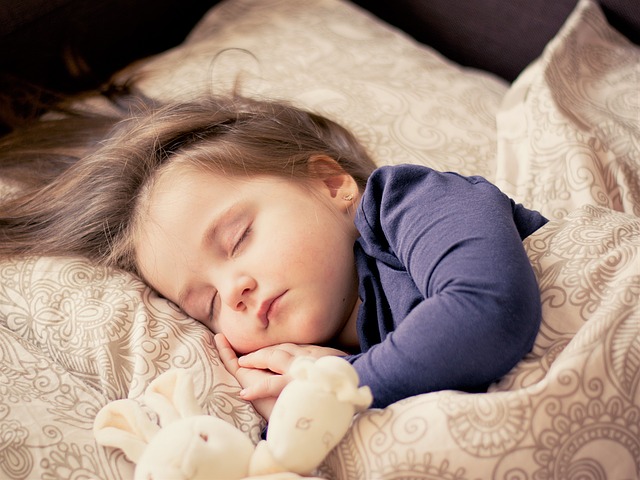
Most American babies do not sleep with their parents from the early days. A new baby room is usually created from day one. Sometimes, a monitoring system is put in place to provide consistent checking. Instead of the usual hovering around as can be seen in the eastern culture, the western babies have been trained to soothe themselves to sleep.
#2 Meal time
Beyond bottle feeding, meals are usually placed in front of the child. A bib is a must to begin this meal adventure in most American households. Every meal resembles an exploration and it usually starts with the child’s attempt to hold the plastic spoon or fork. If this fails, the child will attempt to reach for the soft broccoli, carrots, or other food items with his/her hands and subsequently, aim for the mouth. Mostly, the child will miss its mouth, and create a mess.
⇒ Related Read: Baby-led Weaning: Baby Can Eat!
This process will continue for a while or until the child becomes frustrated and starts to throw the food items on the floor. This is when the plastic floor mat, which is placed beneath the feeding chair, comes in handy. While this is a common scenario in most US households, such practices are less common in the eastern cultures.
Parents in the east are usually concerned with tidiness, efficiency, and they generally see the need to feed their children. As such, these children do not get opportunities to develop the necessary motor skills early or capability to eat by themselves.
#3 Playdates
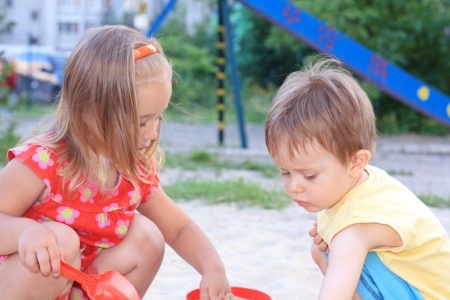
These are common in the US and they are constantly arranged to allow the child to interact with others. Often, such playdates are arranged among mothers who may not be related to each other. These unstructured play opportunities encourage children to venture and explore their environment, and they are not the same as organized activities where children would have to follow instructions. Some parents do not mind their children playing in the dirt or mud on such playdates.
⇒ Related Read: Why I Want My Kids To Get Dirty
Such playdates also exist in the eastern cultures where several mothers meet and chat while their children play in a home or outdoor environment. However, these mothers may show some hesitation about having their children venture beyond the ‘comfort zone.’ Generally, these mothers do not allow their young children to play in the dirt, and they are quick to clean up any mess.
⇒ Related Read: Playground Manners and Principles
#4 Strict upbringing

This exists everywhere and this applies to both cultures although most would like to believe that western parents are more liberal. This may be true to an extent but we can still see some applying their grounding and timeout rules on a consistent basis. Though the western parents differ in their extent of monitoring, their desire to ensure obedience and discipline in their households is still apparent in many instances.
More commonly, however, parents in the east may adhere to stricter routines, and discipline due to their higher expectations set for their children. While success is important, western parents also look at other ways to develop their children. As such, they do not generally push their children but allow them to pursue their interests (be it academic, sports, music, or others).
#5 Leaving home at age 18
The biggest difference comes when the child becomes college bound at around 17 or 18 years old – this represents the first step for many American teenagers to leave their family homes. In the US, most parents expect their teenagers to leave home at this point. This transition, from staying at home to leaving for college or university, is significant as most will seek jobs and not return to stay in the family home thereafter.
With close to 4,600 universities or colleges in the US, some parents may find their children opting to enter colleges/universities that are on the other side of the coast. These teenagers may return to visit during the holidays or summer, but most will stay for four years to complete their studies at their colleges/universities. Many parents in the US regard their teenagers as independent at this point though this may not be the case in the eyes of the eastern parents. Unlike the western culture, young adults in the east usually stay with their parents till they get married.
Closing Gap
We have been seeing the gap closing in on different parenting styles recently, and there are many reasons for this development. Some parents opt to raise their children liberally while living in the eastern culture. Others learn to adapt to their children who have been sent to study in the western schools. Then there are those who have relocated from the west to work or study in Asia, and decided to live there afterwards.
Today, our world has become so globalized that our family interactions are constantly being changed by education, media, technology and travel. Such influences affect our parenting styles and many parents are compelled to adapt or change. Some parents find such influences challenging as they are unable to cope and they gradually lose control of their children. Others seize such opportunities to change and grow with their children.
By Caroline Yeung.
Caroline has over 18 years of communication experience and she has worked with technology and consumer companies. Her recent interest in Early Childhood Education has led her to work towards a certificate from The UCLA Extension in California. Caroline’s previous teaching experience also came from working with junior college and polytechnic students in Singapore.
* * * * *
What are your thoughts? Share them with us in the comment box below!
Stay in touch! Subscribe to our Telegram here for our latest updates.









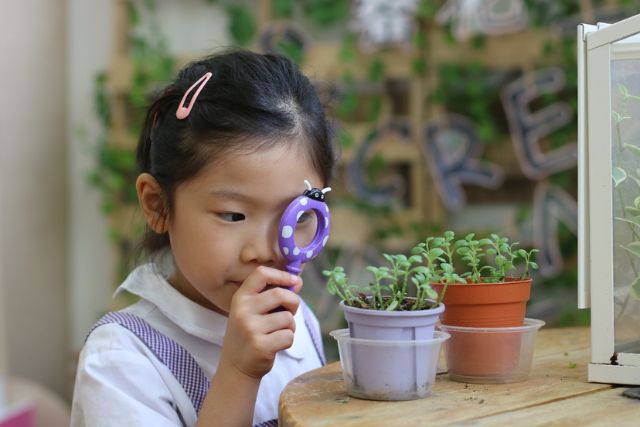
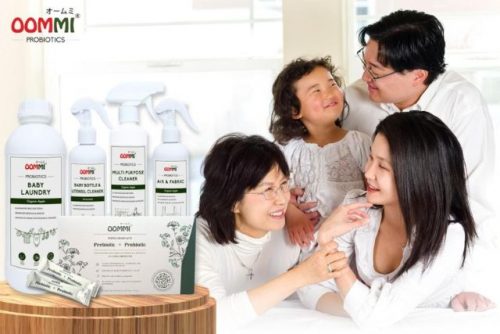

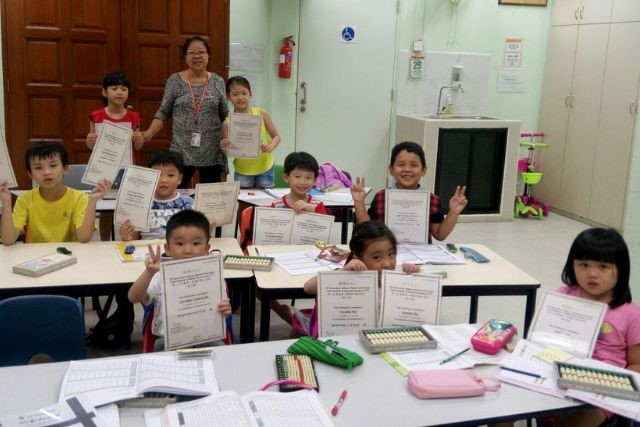


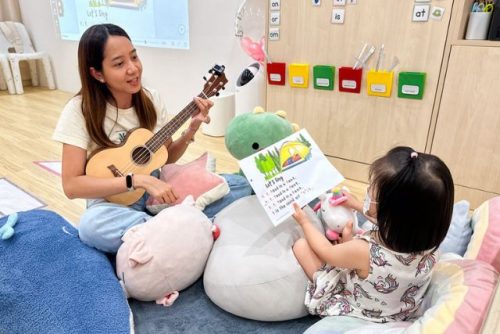


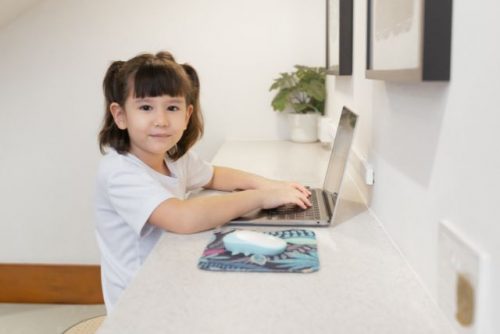

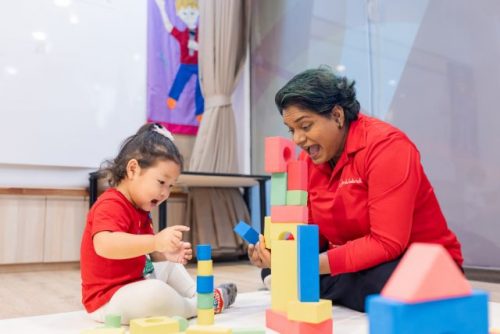





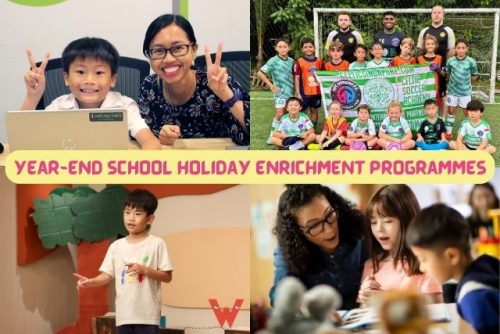










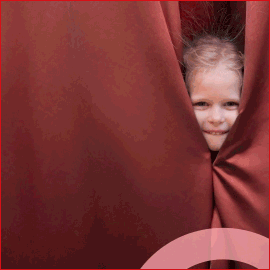




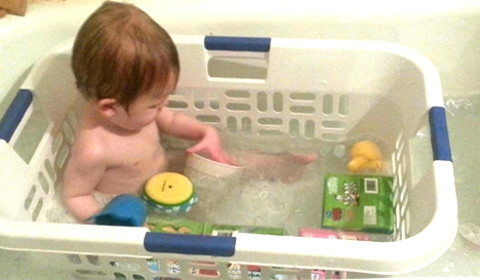



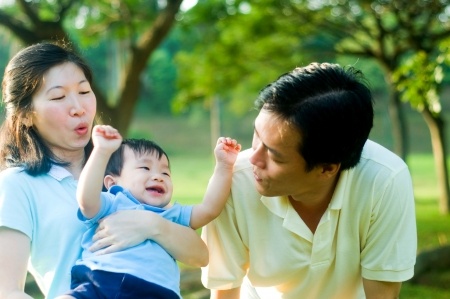





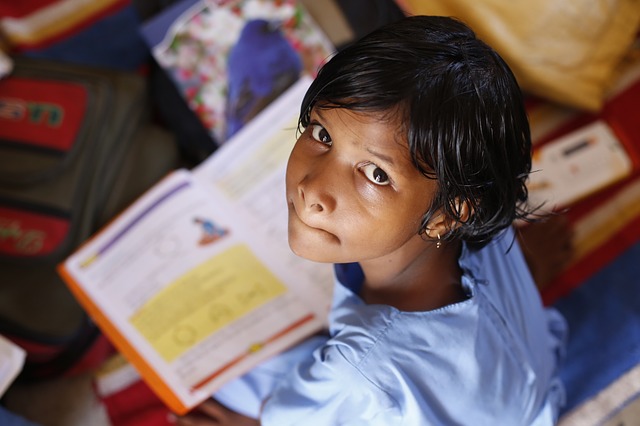
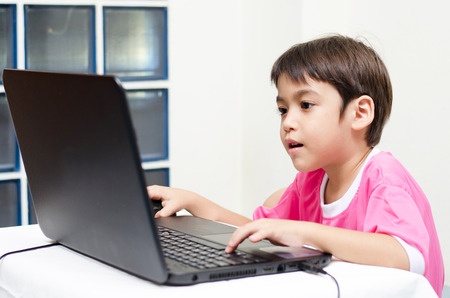
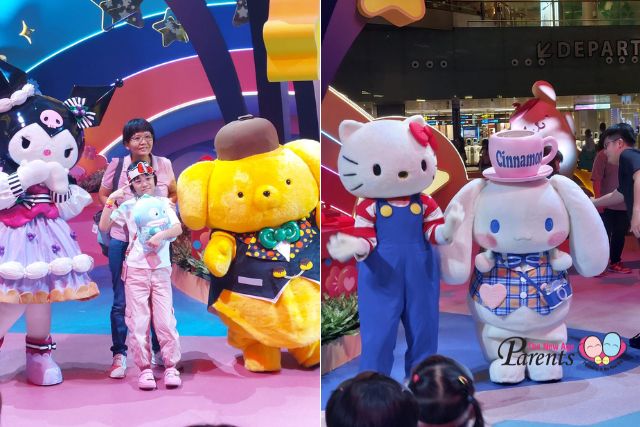








Leave a Comment: